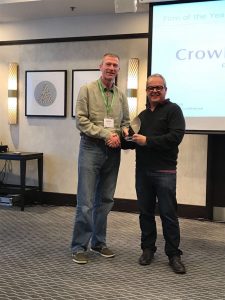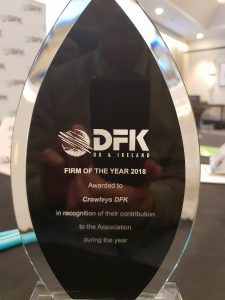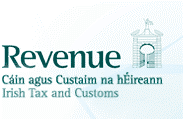Credit unions have come under increasing scrutiny in recent years with more attention than ever focused on the duties of directors and the board. At a time of rapid change both within the credit union sector, and in the wider economy, keeping up to date is critical, explains Fiona O’Sullivan, Director, Audit & Assurance.
A Central Bank report published earlier this year shows that governance and risk management continue to challenge credit unions. The board of each credit union is responsible for its control, direction and management and must ensure that directors have the skills and expertise to adequately oversee operations — this includes being aware of the rules and regulations governing who can serve on the board, in what capacity, and for how long. Individual directors must be able to devote sufficient time to their roles and responsibilities and must keep up to date with their legal and regulatory obligations.
Improving standards
While governance standards are generally improving, the Central Bank report shows that 60 percent of risks identified in credit unions relate to governance and operational issues. Typically, these include failure to challenge internal audit, failure to adequately monitor the quality of risk management and compliance, and failure to adequately review the performance of individual directors, management and key staff. These problems occur in credit unions of all sizes, not just in smaller entities.
The report provides a useful summary of supervisory expectations:
- An effective and comprehensive governance framework should be evident in the credit union, including clear accountabilities and an appropriate performance management framework for relevant officers and staff.
- Effective engagement with internal audit, risk management and compliance functions should be evident. Boards should have an awareness, challenge and undertake action in relation to findings and issues identified by these functions.
- Clear separation between the roles of the board (non-executive) and management (executive). This separation should be underpinned by clear roles, responsibilities, reporting lines and accountabilities.
- A strategic, forward-looking focus at board level, with quality discussion and challenge of strategic plans and associated targets evident at board meetings. The ongoing monitoring and tracking of metrics to assess the implementation and effectiveness of the strategic plan is key to effective governance and driving the future direction of the credit union.
- Appropriate and timely reporting to the board in order to support decision-making on key strategic issues. Such reports should be well understood at board level and there should be evidence of discussion, challenge and follow-up from the board in relation to such reports.
Risk governance
The report highlights the importance of internal audit, risk management and compliance, stating:
“Those credit unions demonstrating stronger governance have typically moved beyond a mere ‘tick-box’ compliance attitude to exhibiting a more integrated risk governance culture, with a strong awareness and understanding of the impact of unmanaged risk. Such credit unions are more likely to leverage appropriately the important supports to the board provided for in the 2012 enhanced governance framework of internal audit, risk management and compliance in order to provide them with an improved understanding of the risk profile of their credit unions so that they can drive the necessary changes and improvements.”
Directors should keep in mind that, as in other sectors, the risks that credit unions face continue to evolve as circumstances change. Risk registers and policies must be regularly reviewed and updated to take account of regulatory, sectoral, economic and technology-related developments. Recent regulatory developments include the changes to the investment and liquidity framework being implemented in 2018. Emerging economic risks include Brexit while cyber risks include vulnerabilities in areas such as fintech, cloud computing, mobile technologies, the Internet of Things and ‘big data’. Directors are responsible for ensuring that these, and other existing and emerging risks are identified and documented and that appropriate plans are devised and implemented to mitigate them.
How we can help
Understandably, with the regulatory and compliance burden increasing and new and complex challenges emerging, credit unions and their directors need help to keep pace with developments. Crowleys DFK has more than 25 years’ experience advising clients in this sector and offers a broad range of specialist services, including governance support, to assist boards and directors to meet their legal and regulatory obligations.
For more information and to find out how we can help, please get in touch.
Talk to us

Fiona O’Sullivan
Director, Audit & Assurance Services
fiona.osullivan@crowleysdfk.ie
 rowleys DFK was awarded the DFK UK & Ireland Firm of the Year 2018 at the recent DFK UK & Ireland Annual Conference in Glasgow.
rowleys DFK was awarded the DFK UK & Ireland Firm of the Year 2018 at the recent DFK UK & Ireland Annual Conference in Glasgow.


 Crowleys DFK Partner and Chairman of the
Crowleys DFK Partner and Chairman of the  Crowleys DFK Partner and Chairman of the
Crowleys DFK Partner and Chairman of the 





